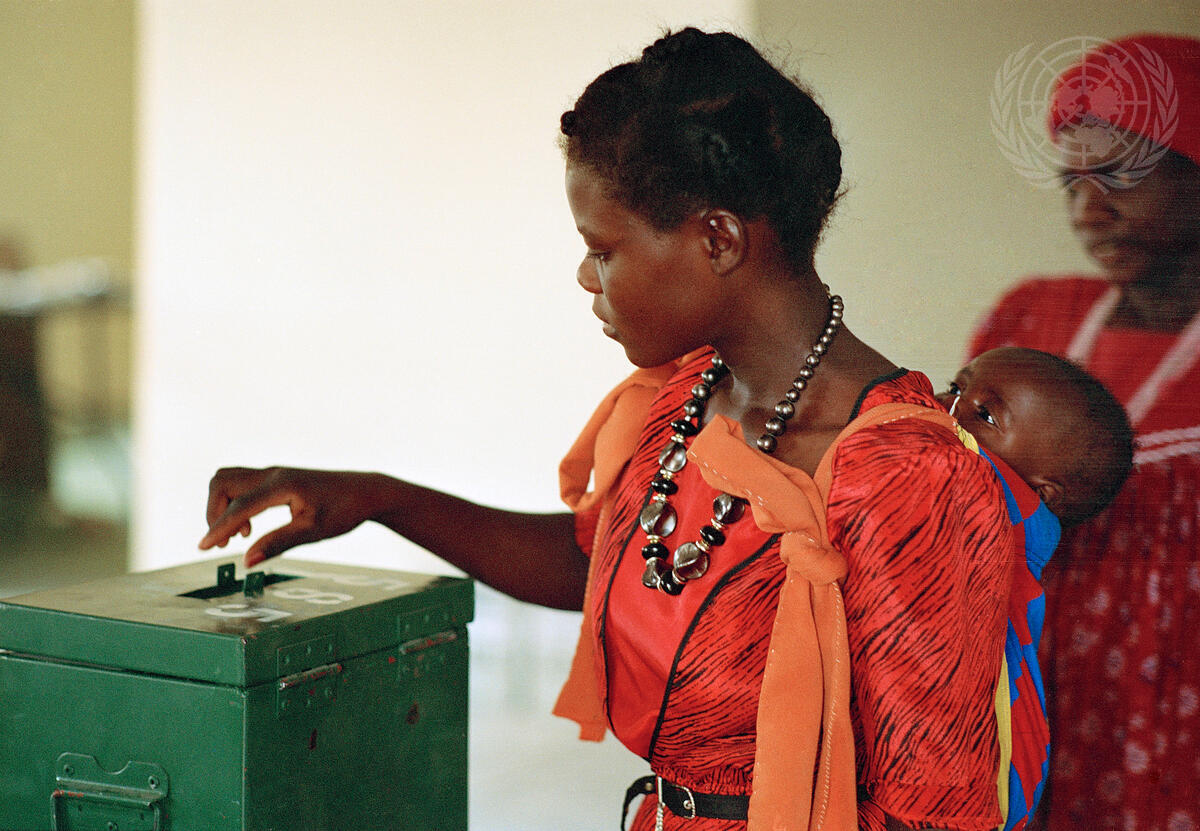
This paper examines the erosion of trust as a global phenomenon, highlighting its implications for social cohesion and governance. Using data from the World Values Survey and regional barometers, the analysis focuses on trust's dual dimensions – interpersonal and institutional – within different socio-economic and geopolitical contexts. Results show a sharp decline in institutional trust worldwide, coupled with a mixed trajectory for interpersonal trust. Trust erosion is particularly acute in low-income countries and younger generations, exacerbated by inequality, corruption, and political instability. Trust levels are shown to significantly impact social cohesion, civic engagement, and perceptions of governance. A positive correlation is observed between institutional trust and economic redistribution, underscoring the role of effective governance in trust-building. The paper concludes by emphasizing the need for institutional reform and global cooperation to restore trust, particularly in fragile states, to strengthen social contracts and foster sustainable development.
 Welcome to the United Nations
Welcome to the United Nations